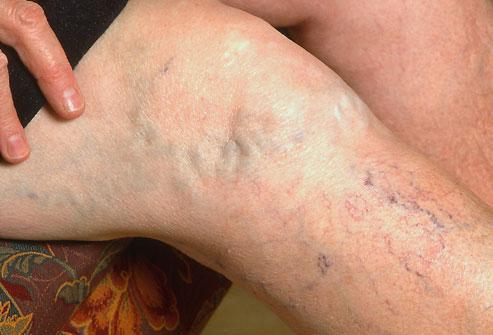Key steps to getting a good night’s sleep

Getting cosy under the covers and drifting off into the land of nod can be one of the best feelings after a long day. Sleep plays an incredibly important role in your overall wellbeing, affecting both your mental and physical health, however a YouGov report[1] revealed that one in three Australians are not getting enough hours of sleep each night.
Sleep is a critical function that we need for optimal wellbeing, daily functioning, and a healthy immune system. Some of the key benefits of getting a good night’s sleep are that it contributes to maintaining a healthy body weight; improves concentration, memory, and productivity; reduces the risk of heart disease, stroke, and diabetes; improves your metabolism; boosts your mood, emotions, and social interactions; and also improves immune function and reduces inflammation.
It’s important to get into good habits and develop good “sleep hygiene”. Dr Priya Chagan, General Manager of Health Services at leading Australian life insurer, TAL, shares her tips to help you with sleep quality, so you wake up feeling rested every day.
Key steps to getting a good night’s sleep – Dr Priya Chagan, TAL General Manager Health Services
Bed is for sleep, not screens
Checking your phone before you go to bed stimulates the brain, so you become more active and feel more awake. This is because the blue light emitted by your mobile phone restrains the production of melatonin – the hormone that controls your sleep-wake cycle – and can trick your brain into thinking it needs to stay awake. Keeping your phone in the kitchen or bathroom overnight can help discourage you from checking it right before bed or during the night.
As an alternative, you can read a book before bed. Reading allows your muscles to relax and slows down your breathing, leaving you feeling calmer. You’ll be impressed with how much quicker you fall asleep and how much fresher you’ll feel the next day.
Wind down and write down any worries before bed
Try to resolve any worries before you hop into bed. You can write down any reminders or your to-do list and then set it aside for the next day. Writing down what you have accomplished that day, and what you need to do next can give you a sense of focus.
By mentally offloading any responsibilities before you go to bed, you are giving your brain permission to stop actively thinking about them before you go to sleep. Keep a small notepad and pen on your bed side table as a reminder to help you feel organised and ease any anxiety.
Try not to nap
Sleeping during the day can confuse your internal clock, meaning that you may struggle to sleep at night. Long or irregular naps often leave people feeling groggy as they require you to wake up from a deeper sleep, and that’s why it can negatively impact your sleep quality and sleep duration later in the night.
While short power naps can be beneficial at times, try to limit yourself to up to 30 minutes and avoid napping late in the day.
Create a regular exercise routine for yourself
There are so many benefits to exercising regularly, and one of them is that it can contribute to more sound and restful sleep. In addition to improving the quality of your sleep, exercise can help to reduce your stress levels. In return, getting a good night’s sleep maximises your athletic performance.
Exercise boosts the effect of natural sleep hormones, such as melatonin, and can help improve any symptoms of insomnia or sleep apnoea. It also increases the amount of time you spend in the deep, restorative stages of sleep.
Remember that physical activity can be stimulating as exercise increases the body’s adrenaline production, so it’s better to exercise earlier in the day. The more vigorously you exercise, the more powerful your sleep benefits will be. But even light exercise, like a quick 15 minute walk, can improve sleep quality.
Create your ideal sleeping environment
A peaceful bedtime routine sends a powerful message to your brain that it’s time to wind down and go to sleep. Small changes to your environment can make a big difference to the quality of your sleep. You should ideally have a quiet, dark room with comfortable long single mattress and good temperature control.
One of the best things for sleep is to eliminate all possible light. That means turning off your lights and shutting the blinds or curtains before jumping into bed.
It’s also a good idea to keep the noise down in your room as low as possible. If outside noise is beyond your control, playing soft and comforting music may help to muffle the sounds.
Getting enough sleep is one of the most important things you can do for your overall health and wellbeing. Sleeping well makes you feel more alert and energetic and allows you to concentrate harder and perform daily tasks to the best of your ability.
If you are still having trouble sleeping, it’s important to talk with your doctor or medical professional to find out what might be going on. Fortunately, there are telehealth counselling options available in Australia which you might want to consider if you believe your sleep challenges may be related to anxiety or depression.
[1] https://au.yougov.com/news/





